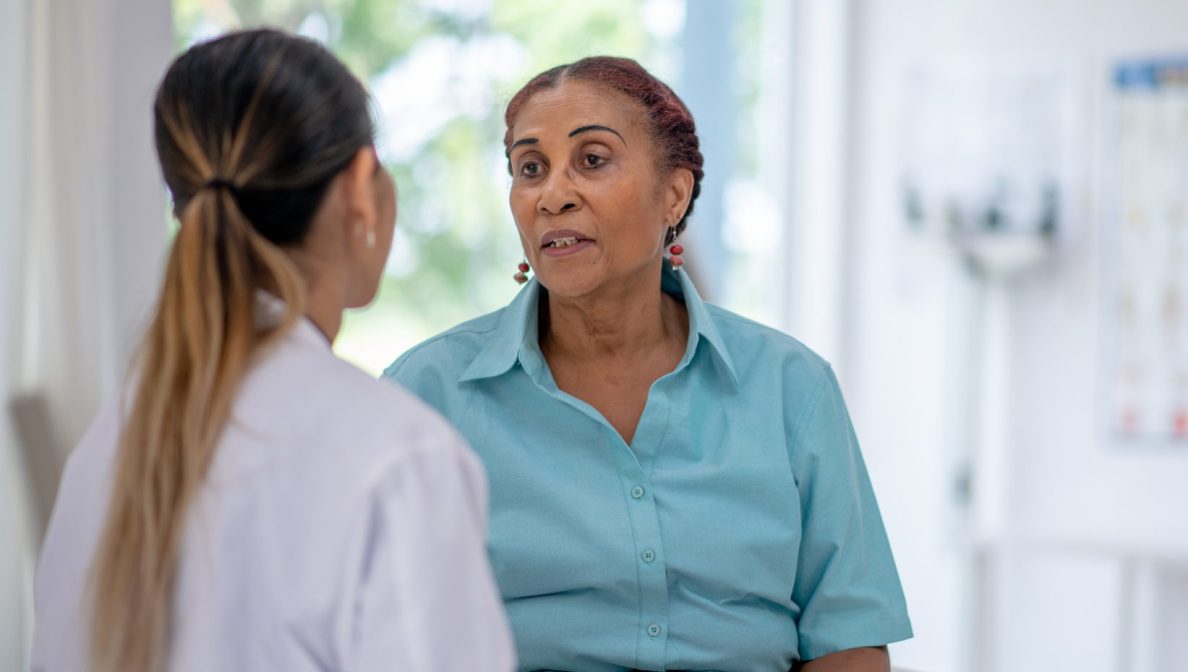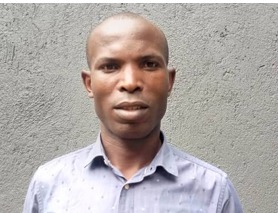Collaborating to help make cancer care more accessible worldwide
How we’re advancing health equity through partnerships to help patients navigate cancer care
June 2, 2023

In underserved and under-resourced communities across the globe, from the U.S. to Rwanda, our company is helping patients at risk for and living with cancer access the care they need to stay well and lead fulfilling lives.
We have a global-to-local approach, where we support programs and initiatives that help advance health equity directly in communities around the world by addressing barriers that people may face when accessing high-quality, equitable health care.
Advancing patient-centered cancer care in every community
Our company collaborates with the American Cancer Society (ACS) to address high disparities in cancer care. In the U.S, we partnered with ACS on its Get Screened Initiative, which encourages people to schedule regular cancer screening tests. Through this initiative:
vulnerable community members enabled to be screened in 2021 and 2022 combined
incidences of breast, cervical and colorectal cancer found
Our company also supports Get Screened’s efforts focused on increasing access to lung cancer screening in communities with historical inequities. Through this effort, which includes mobile screening, community outreach, patient navigation and other support, ACS aims to reach up to 10,000 additional eligible individuals.
We’re also helping the ACS bring its expertise in patient navigation to resource-limited settings in sub-Saharan Africa as well as develop a toolkit to help low- and middle-income countries adopt navigation programs as part of delivering comprehensive cancer care.
Our global partnerships at work
In addition, we’ve partnered with City Cancer Challenge to implement a Patient Navigation Program in Kigali, Rwanda. With our support, City Cancer Challenge has trained nurses to become patient navigators. They help patients understand health information more easily, identify and assess cancer care gaps and barriers, help to accelerate the path to health care options, and mitigate the risk of patients falling out of the care continuum.
Olivier Habimana, a cancer patient navigator with City Cancer Challenge, said he witnessed first-hand how this program has given his team the ability to effectively communicate, share and exchange information so that vital data can be used for the benefit of cancer patients.
“Before the implementation of this project, patients faced all sorts of challenges. If they were referred to a hospital for cancer care, sometimes they’d go to the wrong hospital, while others missed their follow-up visits.”
- Olivier Habimana

The Patient Navigation Program has created an impact in the east African country:
patients supported by the program
Building on our legacy for high-quality, equitable care now and in the future
We continue to forge new partnerships to help reach underserved and under-resourced communities. This includes:
- Partnering to improve access to cancer care to under-served communities in Georgia.
- Supporting solutions like MedHaul that can help to address transportation barriers to accessing care.
- Providing access to educational and advocacy resources on the unique challenges faced by Black women
diagnosed with triple-negative breast cancer (TNBC). - Working with Go Further, a partnership that aims to reduce cervical cancer incidence in HIV positive women in eight African countries with the highest rates of HIV prevalence and cervical cancer deaths in the world.


